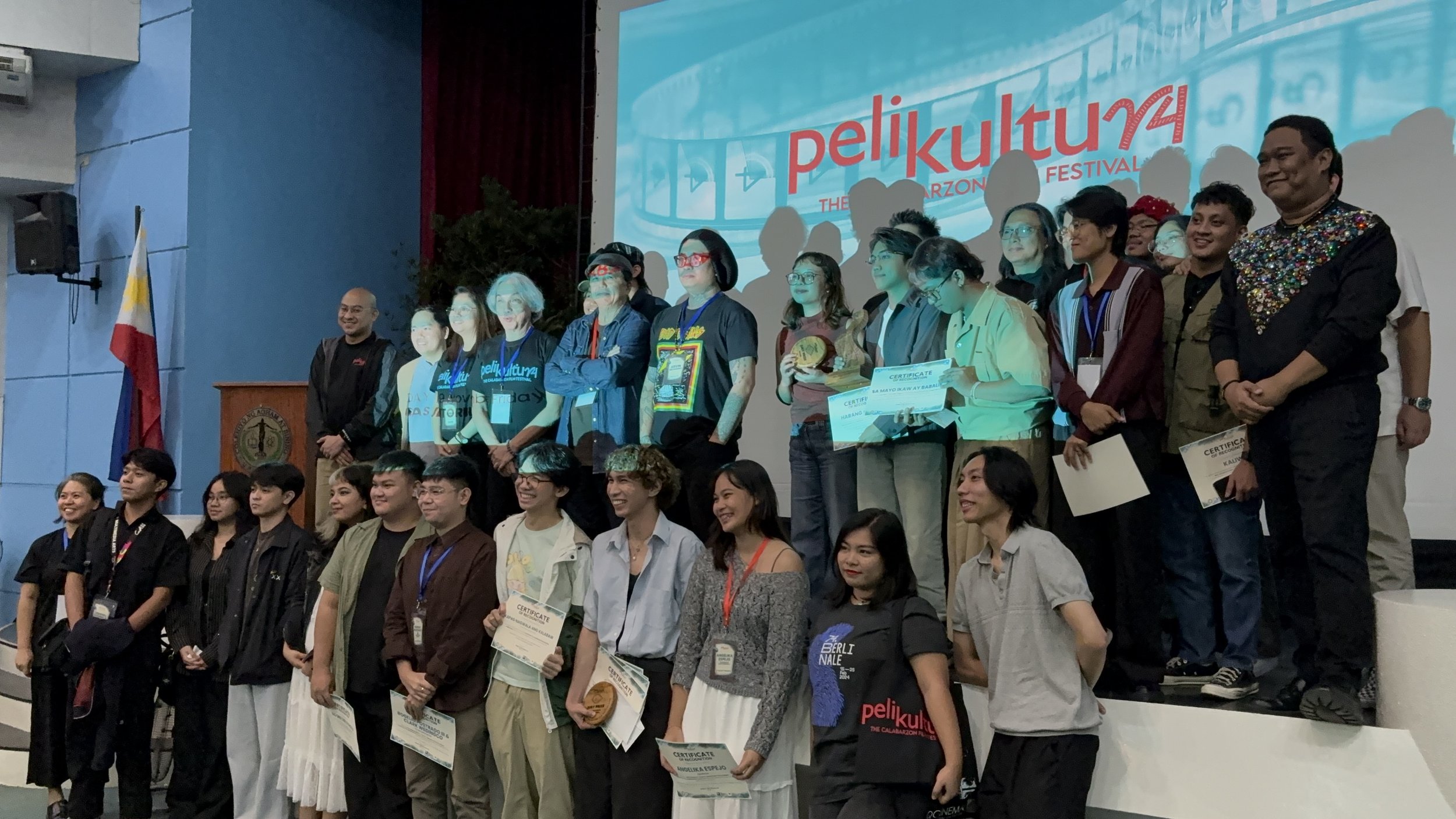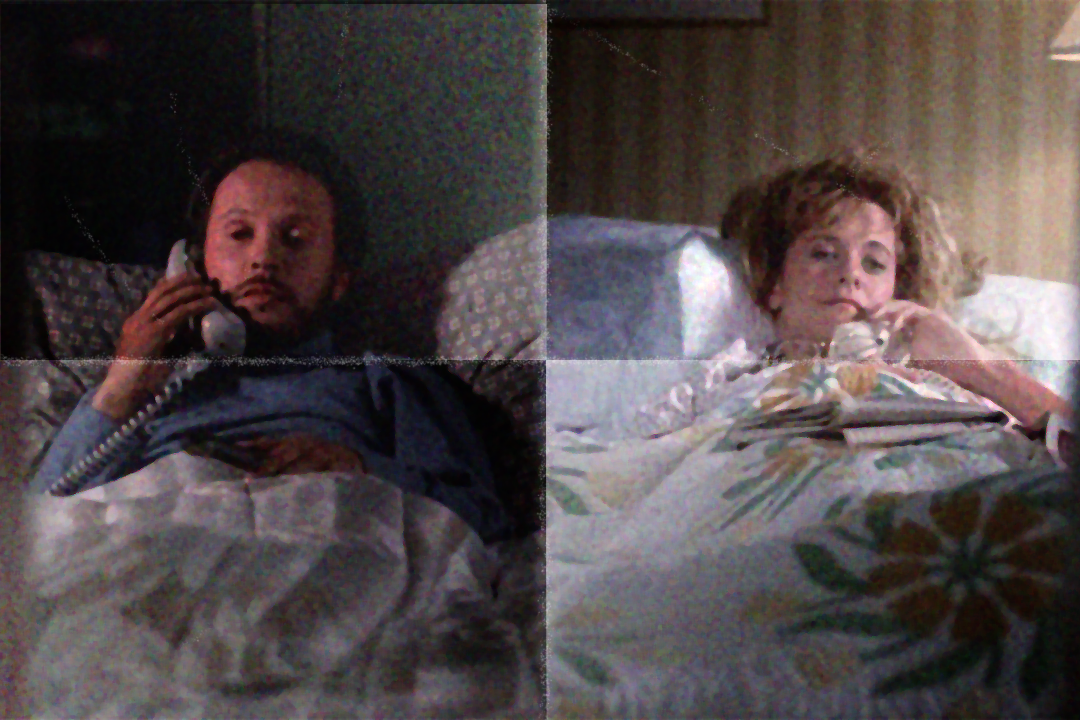Inside Pelikultura: A Beacon of Southern Tagalog Cinema
Inside Pelikultura: A Beacon of Southern Tagalog Cinema
The 2024 Pelikultura: The Calabarzon Film Festival
Since its inception in 2010, Pelikultura: The Calabarzon Film Festival has evolved from a humble platform for regional cinema into a cornerstone for cultural discourse and cinematic experimentation in Southern Tagalog.
Founded by film scholar Katrina Ross Tan, the festival aims to provide an inclusive and accessible stage for both amateur and professional filmmakers to showcase their creativity and cinematic expression.
One of the most nuanced aspects of Pelikultura is its exploration of Southern Tagalog's cultural identity—or lack thereof. Rather than offering a monolithic vision of the region, the festival celebrates its diversity, challenging the dominance of Manila-centric Tagalog representations.
“Ang identity na kinontribute ng Pelikultura ay dinedeconstruct na hindi lang Tagalog ng Maynila ang Tagalog (Pelikultura deconstructs the notion that Manila Tagalog is the only Tagalog there is),” says Tan.
By focusing not just on the filmmaker’s origins, but on the film’s content as well, the festival carves out a space for Southern Tagalog cinema to flourish in the national discourse. This is evident in the rebranded ST Shorts Premiere program, which shifted the eligibility from the filmmaker’s origin to their film’s regional focus.
Film programming lies at the heart of Pelikultura’s continued success. For its current edition, the festival received 80 submissions before narrowing them down to 27 films.
“Ang basis ko ay in-imagine ko na audience ako ng Pelikultura (My basis is that I imagine myself as an audience member of Pelikultura),” says Tan of the programming process. “Pangalawa is kung may malinaw na vision ang pelikula (Secondly, if the film has a clear vision).”
While technical execution is important, fresh perspectives are too, even if they are imperfect. “Kahit lumang kwento na yan, meron kang pwedeng bagong take (Even if it's an old story, you can still have a fresh take on it),” she adds.
This year’s program exemplifies the festival’s breadth, from explorations of indigenous identity to discussions on gender, sexuality, and politics, to reflections on Southern Tagalog’s vibrancy and complexity.
The opening *film, Lost Sabungeros, explores the themes of loss and forced disappearances, highlighting the festival’s focus on addressing social issues through cinema. While Sabungeros sets a heavy tone, the closing film, Huling Palabas, offers a moment of joy and captures the love of cinema.
“We want to say that film can expose us to the truth,” says Tan, “Pero we should enjoy film, nandun yung joy sa pagpanood (But we should enjoy film, there is joy in watching).”
Pelikultura’s roots in Los Baños allow the festival to cater primarily to a young audience, particularly students.
“Ang short film format kasi pambagets (The short film format is youth-oriented),” says Tan, who is also an associate professor at the University of the Philippines Los Baños. “Kaya at the same time ma-inspire ang students na, ‘kaya ko ito gawin’” (So at the same time students will be inspired to make their own shorts).
Pelikultura 2024 Awards Night
Looking ahead, Pelikultura aims to expand its scope both regionally and internationally. Tan shares that they want to incorporate more Southeast Asian films into the festival through the Asian Shorts program.
Besides offering skills training for filmmakers, the festival also plans on developing a “critical audience” by establishing a sustainable model for film criticism workshops and publication, says Tan.
Securing stable funding still lingers for Pelikultura, which does not rely on corporate sponsorships or local government partnerships, a common practice in other regional festivals. But Tan remains hopeful that with continued community support and dedication to its mission, Pelikultura will thrive and expand in the years to come.
“Mahalaga pa rin na ang Pelikultura ay audience-oriented (Being audience-oriented is a valuable aspect of Pelikultura),” says Tan. “Hindi namin tinitignan na ang cinema ay isang aspect lang (We don't view cinema as a single aspect).”
Through its careful curation and deep commitment to regional storytelling, Pelikultura reaffirms its role as both a cultural beacon and a platform for dialogue, ensuring that Southern Tagalog cinema thrives in its unique multiplicity.
The Pelikultura 2024 Exhibition and Competition short film entries will be streamed online on JuanFlix from December 9 to 15.
*Alipato at Muog was also supposed to open the festival, but the screening was canceled.



















